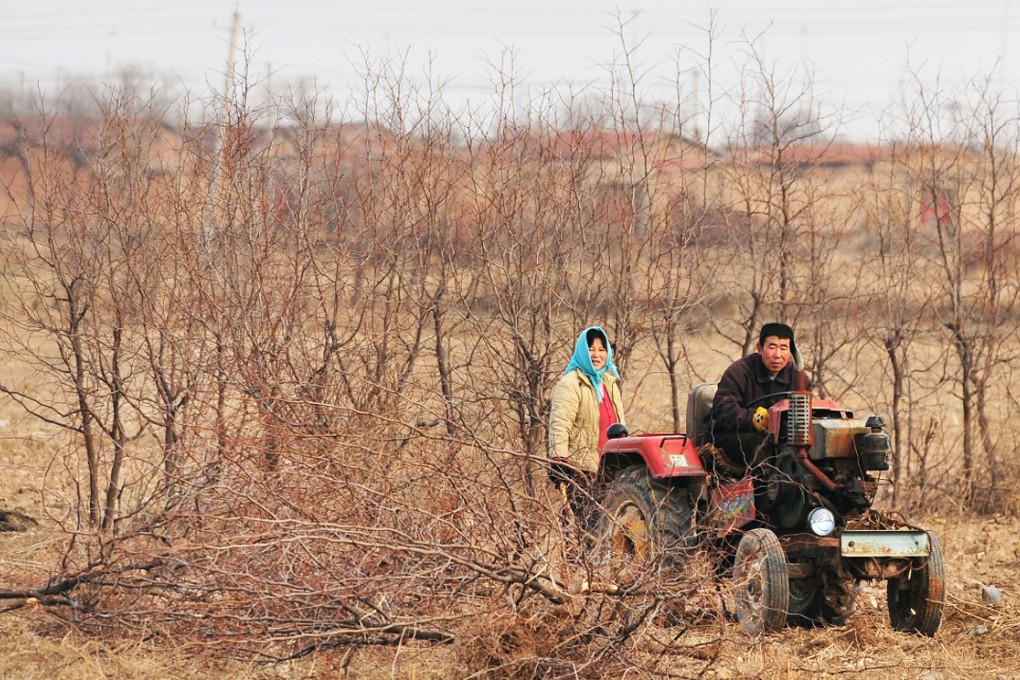The challenge of helping Chinese farmers prosper on collectively owned land
Policymakers face the daunting task of improving rural livelihoods while not undermining the socialist principle of collectively owned land

China is set to implement comprehensive reforms to its rural land use system to boost growth following an annual national conference that wraps up today in Beijing.
Policymakers attending the two-day Central Rural Work Conference are mapping out plans for rural land use and agricultural development in the coming year, and looking at ways these can boost farmers' incomes while protecting their land rights.
The system recognises three types of usage - as farmland; for farmers' dwellings; and for public utilities or public enterprises such as schools and village-owned factories.
By law, all three types of land are collectively owned by each village, while individuals enjoy only the right to use, but not own, the land. Farmers can now trade their usage rights to farmland, and certain areas have been designated to allow the remaining types of land use to be traded on a trial basis.
With rapid modernisation, however, rural land rights have come under greater stress. The Communist Party considers collective ownership to be a mainstay of Chinese socialism, but others believe it hampers rural residents' efforts to achieve equal growth with their urban peers. A number of reforms are expected to follow the meeting, which discussed detailed directives issued in recent months.
Zheng Fengtian, a professor of agricultural economics and rural sociology at Renmin University, said sweeping change for farmers would only come from new rules on the use of farmland, while changes in the other two areas would not make much difference to most people.